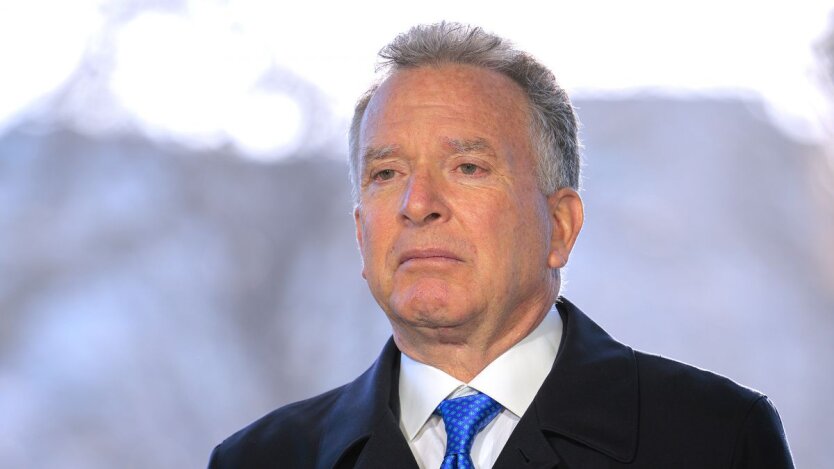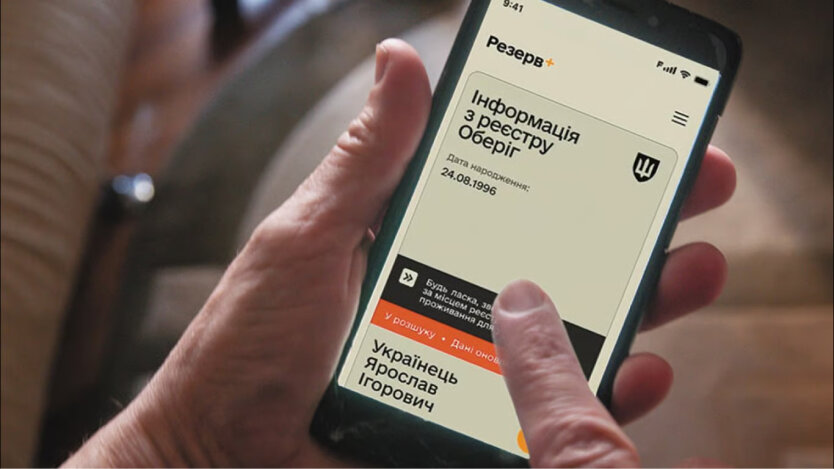It became known how Ukrainian refugees affect the EU economy.


The large-scale migration of Ukrainians to the countries of the European Union, caused by the full-scale Russian invasion, has had an unexpected positive impact on the economies of the host countries.
According to the Latvian publication lsm.lv, despite significant costs to support refugees, which according to IMF estimates amounted to 30-37 billion euros, Ukrainians significantly stimulate economic activity in the EU.
According to the National Bank of Ukraine, Ukrainians spend up to 2 billion dollars abroad every month. These funds are injected into the EU economy through various channels: consumer spending, housing rent, banking operations, and legal employment with subsequent tax payments.
The greatest impact is felt in countries that have received the largest number of Ukrainians. Poland and Germany lead in the volume of non-cash payments of Ukrainian refugees. In the Czech Republic, where almost 90% of able-bodied Ukrainians are employed, budget revenues from their activities already exceed expenditures by almost twice.
The Organization for Economic Co-operation and Development (OECD) estimates the additional contribution of Ukrainian refugees to the annual GDP growth of the Czech Republic, Poland, and Estonia at 1.2%, and for Hungary, Latvia, Slovakia, Lithuania, and Romania – about 0.8%. Even in the UK, this figure reaches 0.2%.
Thus, Ukrainian refugees have not only not become a burden on the EU economy, but also actively contribute to its growth, offsetting the negative effects of the COVID-19 pandemic and inflation.
Previously, S&P issued a forecast regarding the consequences of the war for the economy of Ukraine.
Read also
- War is not an obstacle: the number of millionaires in Ukraine has suddenly increased
- Popular drugs in Ukraine are available only by prescription
- 'This is not our war': Trump issues ultimatum to Putin and Zelensky
- Fines for Drivers at Gas Stations: What Car Owners Risk at Fuel Stations
- The lawyer named the main condition for canceling the fine from the TCC
- Mobilization in Ukraine: who among men will be allowed to leave the country starting July 1










